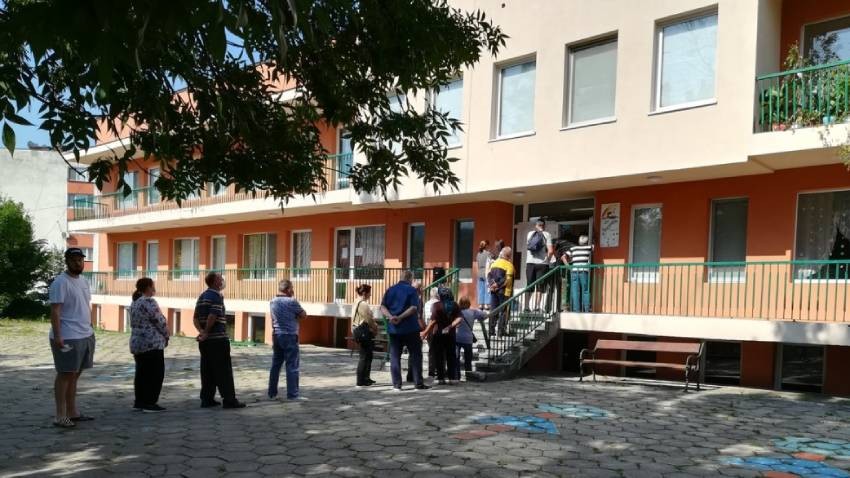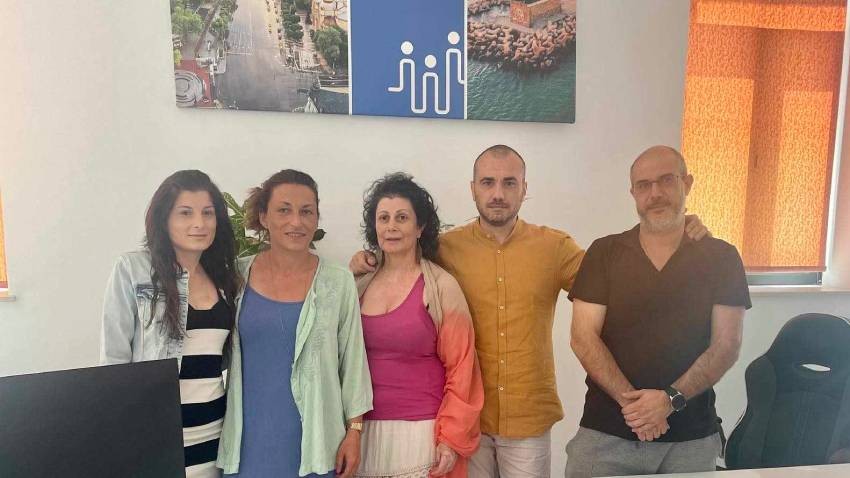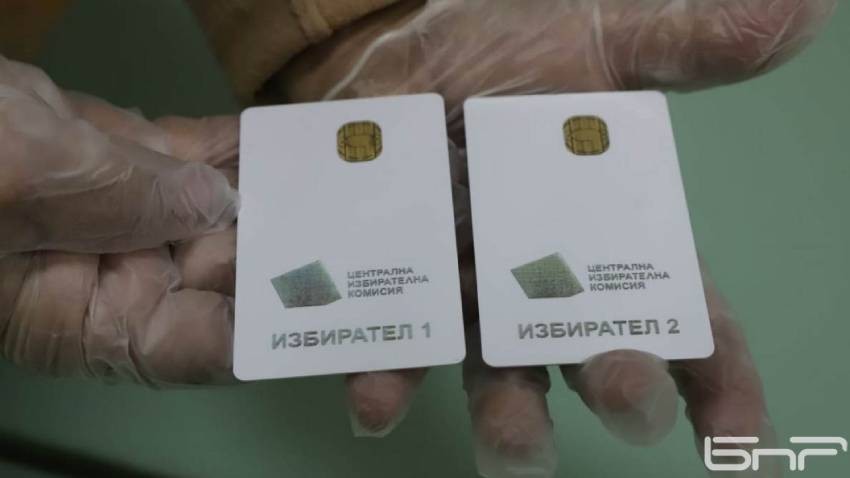Exactly a month from now, on 29 October, Bulgarians will elect mayors and municipal councillors in local government for the next four years. Over the next 30 days, candidates will have the opportunity to present their ideas for the development of the regions and will be able to do so orally and in the written word, at campaign meetings and through the media. The law also guarantees equal access to the sources of information needed for their electioneering. The campaign is conducted in Bulgarian only and ends at 24.00 on 27 October 2023.
Just over 6 million and 48 thousand voters are eligible to vote. As in the parliamentary elections, in polling stations with more than 300 voters, in addition to paper ballots, voting will be done by machines. In more than 11 thousand polling stations there will be video surveillance and broadcasting of the results. Representatives of 58 parties and 9 coalitions will fight for the votes of citizens. The "battle" for the big cities and especially for the capital, where 21 candidates will fight for the mayor's office. Most of them are not professional politicians, but come from the business, music, media and NGO sectors, which is causing huge interest. Whether people will choose a non-traditional candidate, as the larger parties propose, or a mainstream political figure, as the candidates of the smaller formations are, remains to be seen in a month's time. One thing is certain - Bulgaria's largest city will have a new mayor, as the incumbent - Yordanka Fandakova, who has governed it since 2009, is out of the game.

How successful are civic candidates in Bulgaria, as an alternative to traditional party candidates?
"Many people who value their reputation prefer to stay away from politics because they do not want to put themselves in such an unclean environment," Anton Simeonov, chairman of the Varna-based NGO Bulgarian Experts for Regional Development, said in an interview with Radio Bulgaria and reminded that in everyday life people are interested in things that are quite insignificant compared to someone's political ambitions. “We have spoken to people who tell us how they would vote for whoever pays their mounting unpaid grocery store bills."
Local elections are a strong indicator for the influence of political parties in the regions and give them a chance to strengthen positions for the next parliamentary elections. Another interesting issue is whether a more significant loss of ground by the main parties will affect the performance of the coalition government in the future. According to some analysts, there are tensions even now and the elections will certainly affect the national government. Others, however, believe that the Council of Ministers and the majority will remain united regardless of the results of the local elections.

"We have a government that is quite fragile. The so-called coalition partners often attack their partners' proposals. None of the parties will be happy to suffer a serious loss because the big city is a very big asset to provide them with the necessary positions and opportunities for the next elections," Anton Simeonov said. The weak interest in the parliamentary elections of about 40% of voters, which we have witnessed in the last four early elections, is unlikely to be repeated in the local elections, the analyst predicted. "At the local level, we expect much more activity, as the electoral lists are long, the candidates are partly known to the voters and this is only natural to motivate them. They will vote for their neighbor, relative, friend or someone they know in town. I expect that in our Varna region the turnout will be at least 40-41%."

12,837 machines will be available for voting on election day, Central Election Commission (CEC) chairperson Kamelia Neykova said during a hearing at the National Assembly. For his part, Minister of the Interior Kalin Stoyanov announced that the Interior Ministry is already working on collecting data on specific groups that may commit election-related offences. Work is also underway on an app that will curb vote-buying and other electoral violations. For his part, Prime Minister Nikolai Denkov called on citizens to be active in reporting violations during the election campaign and on voting day in order to minimise irregularities.
Romanian police and military personnel worked as mercenaries in Congo According to a report by the Romanian Ministry of the Interior, 11 of its employees worked as mercenaries in Congo while on sick leave, Digi24 reported. The Ministry..
Protesting Serbian students to cycle 1,300km to Strasbourg A group of 80 protesting students and other people from four Serbian universities – in Novi Sad, Belgrade, Niš and Kragujevac started cycling from the campus of..
Protests in Turkey continue after Istanbul mayor's arrest Mass protests in Turkey continue after Istanbul mayor Ekrem İmamoğlu was arrested on March 19. Nearly 1,900 people have been detained for participating in the..

+359 2 9336 661
